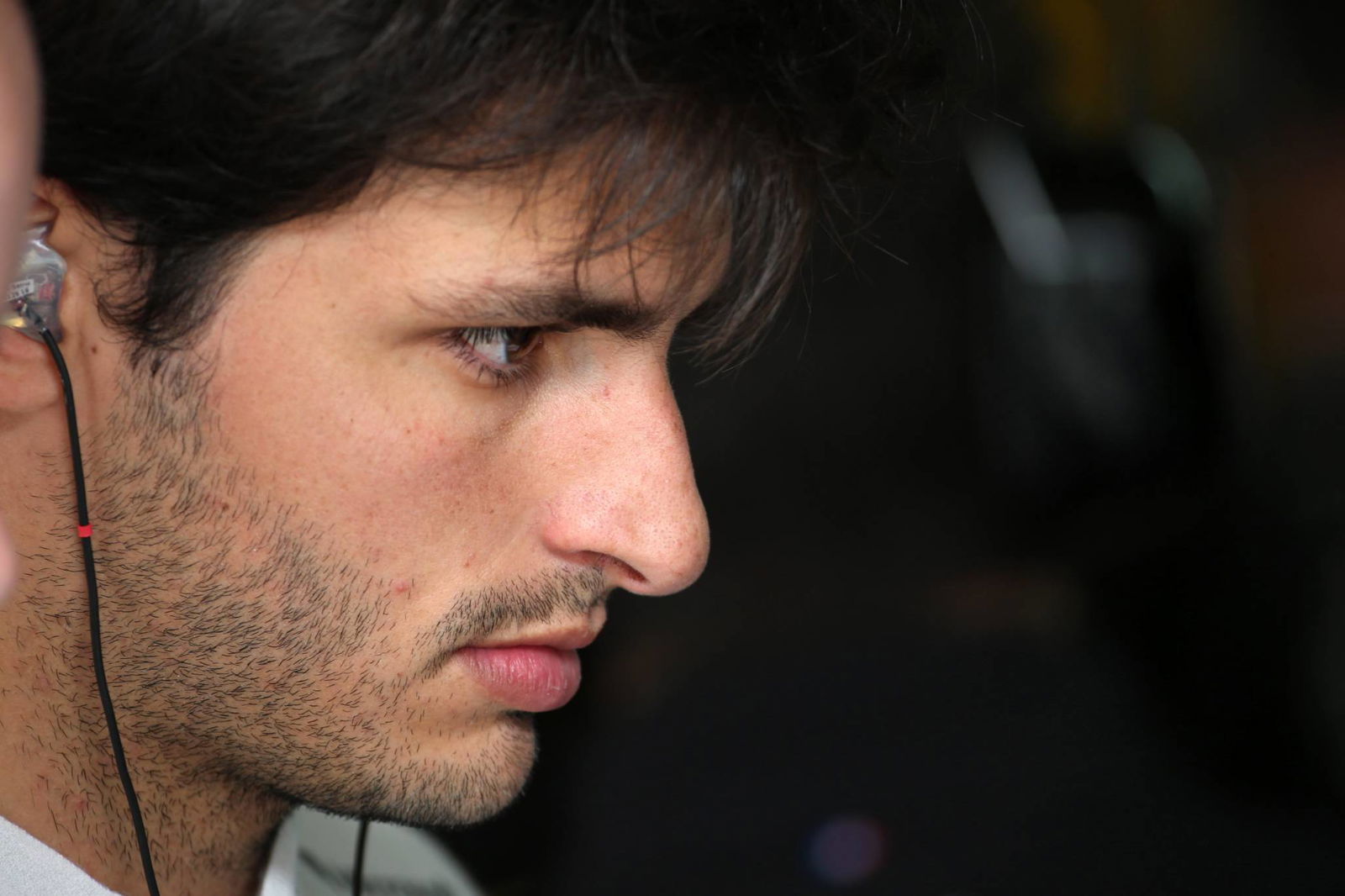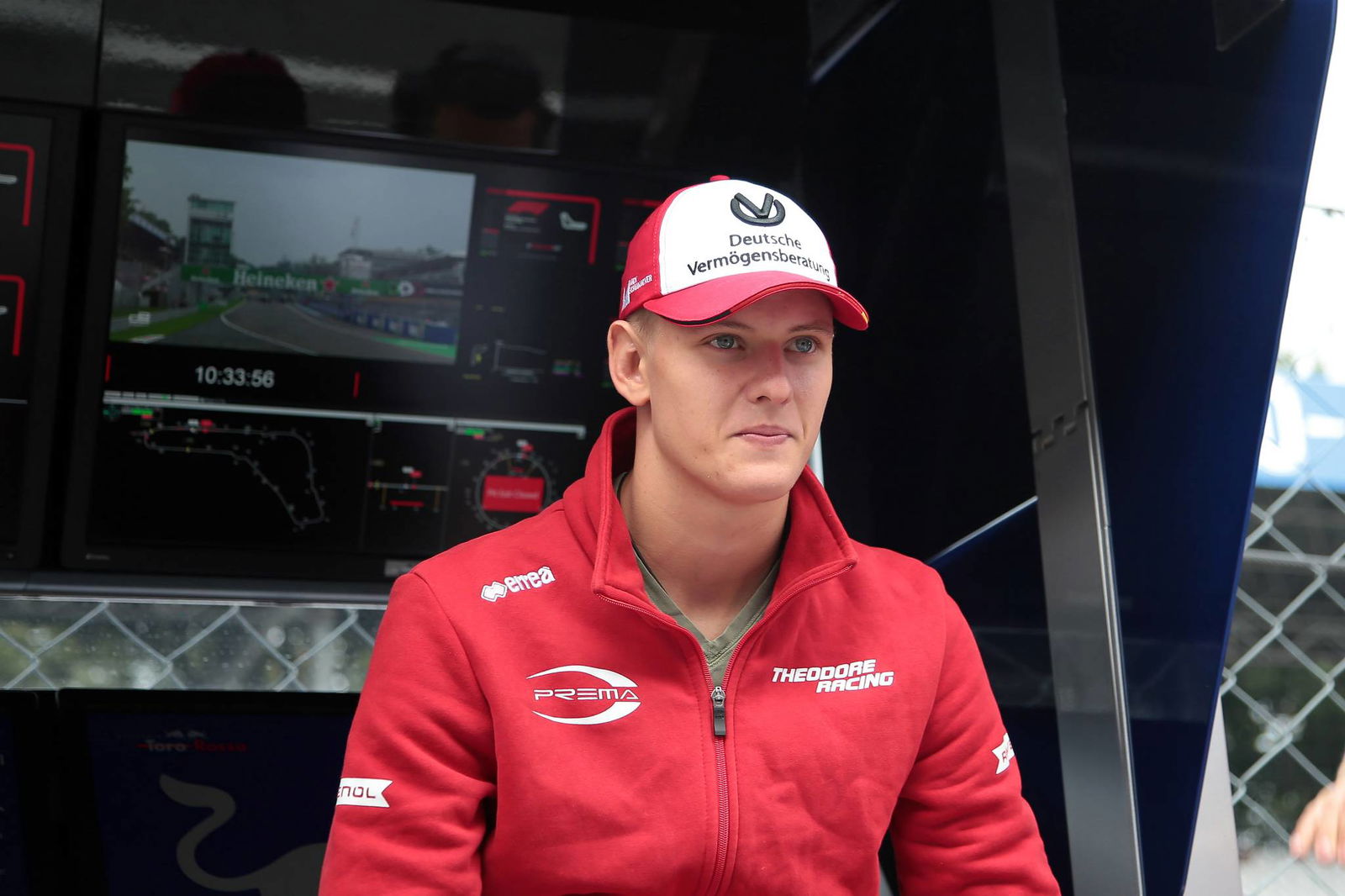How Schumacher raised the bar in F1 – Symonds
Pat Symonds explains how Michael Schumacher led a new era of Formula 1 drivers when he worked as his race engineer at Benetton and feels the seven-time world champion’s legacy changed the sport.
Symonds, who work closely with Schumacher during his first two F1 world title-winning years at Benetton in 1994 and 1995, says the German’s work ethic and approach to race weekends was something brand new and incredibly detailed which he feels fuelled his early success.

Pat Symonds explains how Michael Schumacher led a new era of Formula 1 drivers when he worked as his race engineer at Benetton and feels the seven-time world champion’s legacy changed the sport.
Symonds, who work closely with Schumacher during his first two F1 world title-winning years at Benetton in 1994 and 1995, says the German’s work ethic and approach to race weekends was something brand new and incredibly detailed which he feels fuelled his early success.
Speaking at the Autosport International Show, Symonds says Schumacher’s detailed approach produced a new way of working which all F1 drivers would eventually follow.
“Michael really was different, it was to do with was the work ethic and the attention to detail,” Symonds said. “The incremental improvements that really brought everything together were staggering. He set new standards in fitness, his attention to detail and the intelligence he applied to things.
“If you remember in those days we used to practice on Friday and Saturday, and we had qualifying Friday and Saturday as well. But more importantly, on Sunday morning, we had a short half-hour session, the warm-up.
“I used to really work with him on the car, all the way through to the end of Saturday qualifying. We were always just trying to improve the car, improve the car, improve the car. Then on Sunday, we’d say, ’that’s what we've got, that’s as good as we can make it, now it’s down to you to spend half an hour just figuring out how to get the best of it’.
“So he’d go into the race knowing if he saved his tyres a bit in this corner, he can make them last a bit longer. If he was a bit slower into that corner then he would be quicker coming out of that one which gave him better speed down the straight, all these sort of things.
“It’s that level of attention to detail and this search for incremental performance that we’d never seen in Formula 1 before. There might have been a few, like Alain Prost, who had it quite naturally, but Michael, it was a work ethic that brought him there.”
Symonds feels Schumacher’s attributes initially rubbed off on his teammates before spreading through the wider F1 paddock during his switch to Ferrari in 1996.
“Every one of his teammates found that,” he said. “He had some good, very competent teammates, but they’d been used to this slightly laid-back way of going racing. If you were one degree laid back with Michael, you’d be beaten.”
Since leaving his chief technical officer role at Williams at the end of 2016, Symonds has joined F1’s taskforce for developing its 2021 rules, following a brief stint as a pundit with Sky Sports F1, and works alongside another one of Schumacher’s former technical bosses in Ross Brawn who is F1’s managing director of motorsports.

